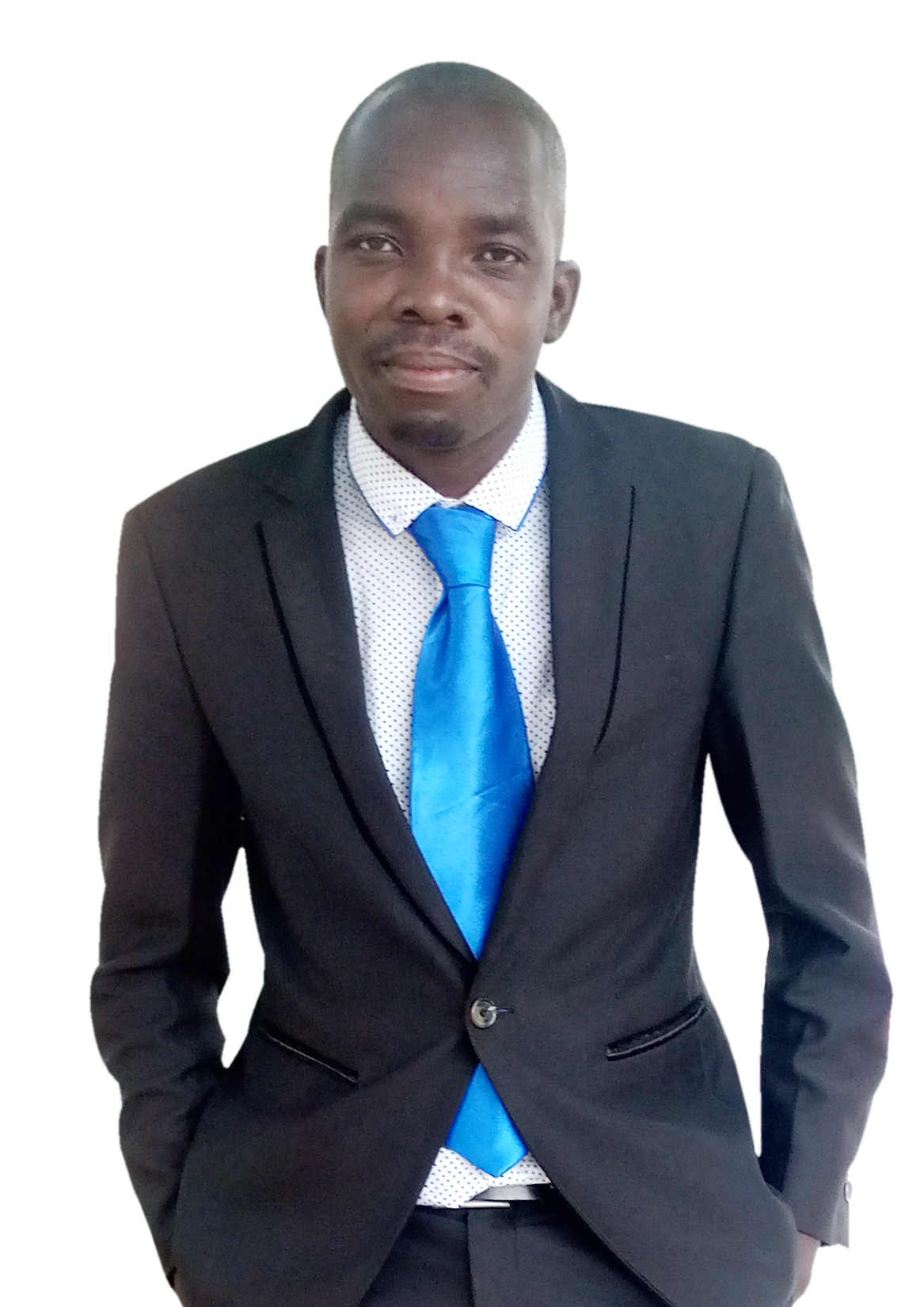Ocen Ivan Kenneth is a Program Director at Foundation for Development and Relief Africa (FIDRA), with more than 10 years of experience working in the human rights field. Ivan’s ambitions for change focus on building inner peace, defending human rights and empowering local communities using theatre and storytelling. He creates a space where people from the community share their personal stories of trauma and resilience as well as identify mechanisms of healing.
“There may be times when we are powerless to prevent injustice, but there must never be a time when we fail to defend justice.”
Ocen Ivan Kenneth Tweet
As an activist, Ivan has faced several challenges including personal threats that sometimes extend to his family and colleagues. His work with victims of conflict related sexual violence also at times takes a toll on him.
“I get moved when speaking to people whose human rights have been violated in some way, or those who have survived sexual violence, or those brutalised by militia. I can see the trauma in their eyes and hear it in their voices. It has always been the most difficult aspect of my job.”
Just like many other human rights defenders, the lack of adequate equipment and limited resources coupled with limited capacity and skills, plus legal restrictions curtail his ability to efficiently execute his work. Despite all these challenges, Ivan’s commitment to keep protecting and promoting human rights remains unwavering.
“After decades of armed conflict, now we are facing another attack, this time affecting our health and life. I am motivated because we are strong resilient workers. We keep resisting this new attack as we have always done by staying together, helping each other, and keeping our spirits high,” he says.
He believes that there should be more work done to support human rights defenders through building their capacity and expertise, strengthening their recognition, and protecting them from threats, risks, and reprisals particularly those who are marginalised or most at risk.
“I believe that current protection measures for human rights defenders in Uganda are insufficient. Particularly protection offered from the government mechanisms towards human right defenders is insufficient. A mechanism needs to be created and developed, and people working on other protection mechanisms for human rights defenders should truly address the different vulnerabilities for male and female human rights defenders.”
Ocen Ivan Kenneth Tweet

